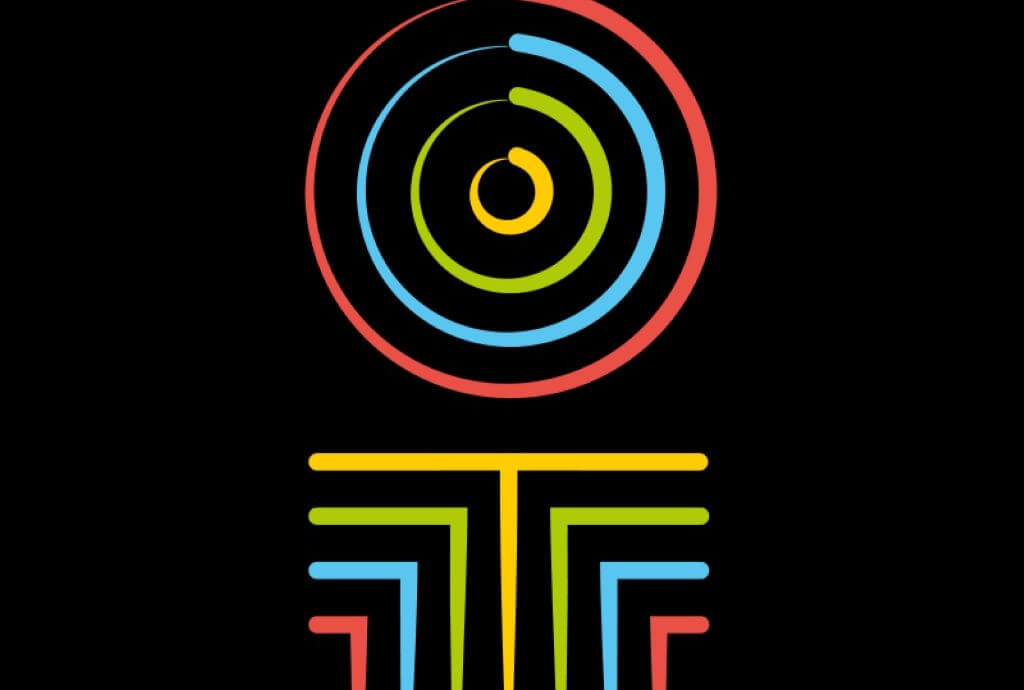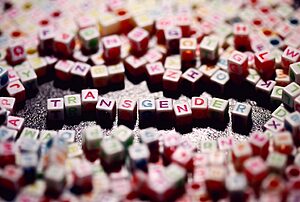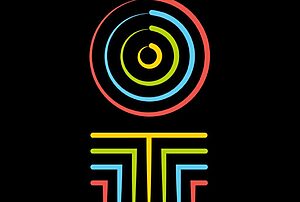In brief
- Tikanga Māori is a set of protocols guiding behaviour in Māori culture, encompassing legal, ethical, spiritual beliefs, etc.
- While consistent in principles, its implementation varies widely among Māori groups.
- Advocates see it as addressing historical injustices and offering unique perspectives, but critics fear its vague nature.
- Tikanga is referenced in New Zealand laws, with judges having discretion in its application.
What is tikanga?
Tikanga, a significant aspect of Māori culture, is essentially a set of protocols that guide and govern what some practitioners may consider correct behaviour of individuals and groups. The word “tikanga” comes from the word “tika” which means “right” or “correct”. It’s a general term that lacks a specific definition. It can encompass legal, ethical, customary, spiritual, religious beliefs, et cetera.
According to information from the University of Otago, while the principles of tikanga can remain somewhat more consistent, their implementation can vary significantly among different iwi and hapū.
For instance, one hapū’s customs for greeting and welcoming manuhiri (visitors) may differ from another’s. Nonetheless, both uphold the essential value of manaakitanga (hospitality), ensuring they fulfil their obligations to host and care for their visitors.
Some other principles may include, for example, whanaungatanga (relationships, kinship, and a sense of family connection), and kaitiakitanga (guardianship and stewardship).
A modern interest in tikanga picked up from around the 1980s with the Māori renaissance.
Pros and cons of tikanga
The diverse origins of Western civilisation, with the depth of legal traditions, have been borrowed from various cultures, including Māori.
Advocates for the incorporation of tikanga Māori into various sectors, such as law, real estate, education, et cetera,
believe that tikanga Māori can address perceived historical injustices against Māori.
They argue that it offers unique perspectives on conflict resolution, conservation, and other societal issues and a more inclusive and diverse legal framework, fulfilling obligations under the Treaty of Waitangi.
However, the main issue with critics is that the vague and fluid nature of tikanga’s precepts may lead to endless debates over its interpretation and application. And shouldn’t it be possible for what English law calls “the man on the clapham omnibus” (the ordinary reasonable person) to be able to easily determine the law?
Another problem is Tikanga historically included traditional forms of conflict resolution or retribution. This extends to somepractices that would be considered violent revenge from a Western perspective, and clearly contrary to NZ statute law. So which parts of Tikanga do you conveniently parse?
Critics also suggest that exclusive claims to authority over tikanga may ignore diverse and differing opinions within Māori communities.
How much Tikanga is currently in the law?
Tikanga is referenced in several pieces of New Zealand legislation. These include the Resource Management Act 1991, the Family Court Act 1980, the Sentencing Act 2002 and the Oranga Tamariki Act 2002.
Judges have some degree of discretion necessary to consider and apply tikanga as deemed appropriate from case to case.
In the case of Ngāti Whātua Ōrākei v Attorney-General, Justice Palmer declined to make a declaration of exclusive mana whenua status for Ngāti Whātua Ōrākei.
The judge reaffirmed that while tikanga has core elements across iwi and hapū, each group has its own unique tikanga. In this case mana whenua status had a different meaning among the competing groups and so, deciding on one interpretation would be denying the other. Something akin to a conflict of law situation between different countries.
The judgement encouraged iwi and hapū to use tikanga processes to help resolve disputes rather than relying on the courts. While that is always a nice idea, just like it is for family law disputes, there has to be a way of resolving under the law if voluntary legal dispute resolution just doesn’t work.
To the extent Tikanga gives more discretion to judges, is that a good thing? Is it then a law with any kind of objective standard or, as another English law saying goes, more along the lines of “How big is the Chancellor’s foot?” This means the notion of justice, when there is too much discretion, is as flawed as trying to use different sizes of human feet as a standard measure of length.



















